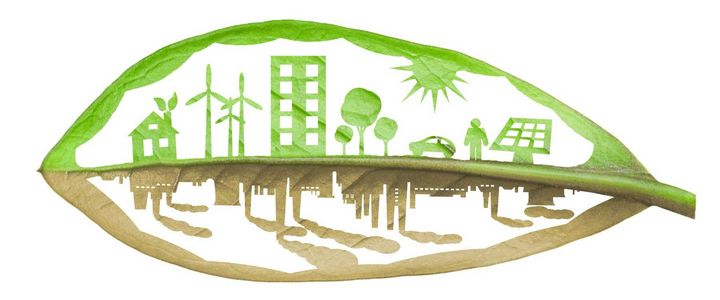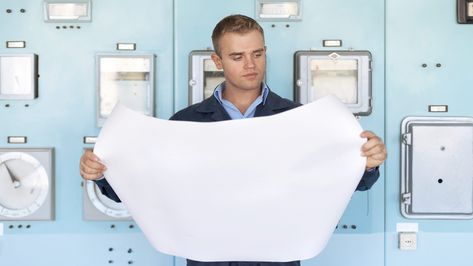In order to achieve the common goal of a 20 per cent rise in energy efficiency by the year 2020, and also to initiate improvements above and beyond this, the European Union issued Energy Efficiency Directive 2012/27/EU at the end of 2012.
The political objective is to encourage the relevant target groups to behave in a sustainable way and to save resources. This means that they not only make a contribution to environmental and climate protection, but can at the same time also benefit from savings (e.g. energy costs) and official funding. One of the most important components of the EU Energy Efficiency Directive, therefore, is that businesses are obliged to undergo energy audits, introduce energy management systems or undertake validation in accordance with EMAS.




